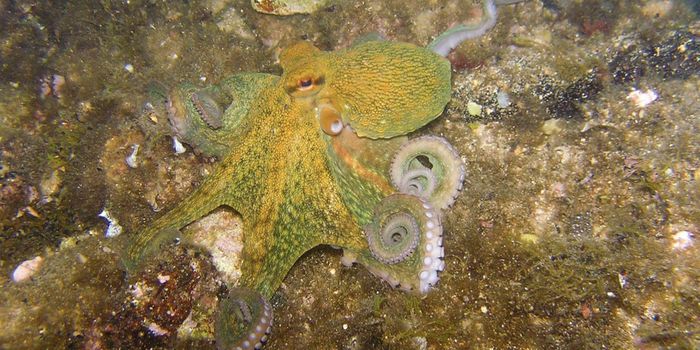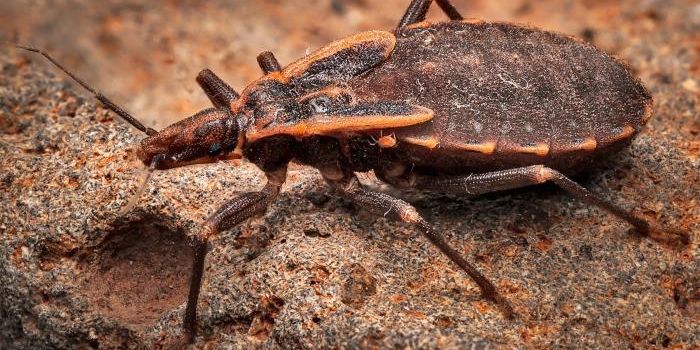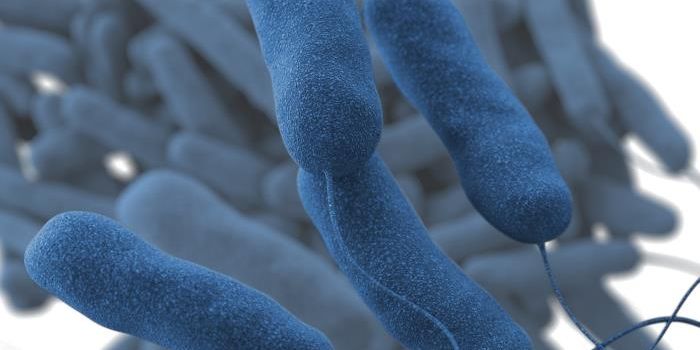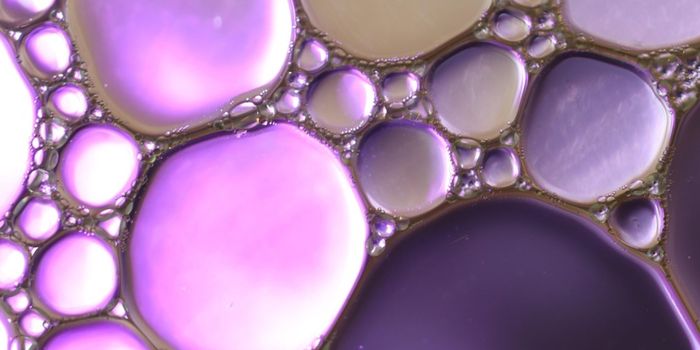Insulin has Gone Viral
Our bodies need insulin, a hormone made in the pancreas, to control the amount of sugar we have in our blood. When that process fails, the chronic disease diabetes is the result. Diabetics need to monitor the levels of insulin in their bodies and supplement it when there isn't enough. Now, researchers at the Joslin Diabetes Center have made a surprising finding that could change the way diabetes is understood; four viruses are able to synthesize hormones like insulin. When tested, those viral hormones exerted an effect on human cells and in mouse models. The findings have been reported in the Proceedings of the National Academy of Sciences.

"Our research may help open up a new field that we might call microbial endocrinology," said the lead author of the report, Emrah Altindis, Ph.D., a Joslin research fellow. "We show that these viral insulin-like peptides can act on human and rodent cells. With the very large number of microbial peptides to which we are exposed, there is a novel window for host-microbe interactions. We hope that studying these processes will help us to better understand the role of microbes in human disease."
"Indeed, the discovery of the viral insulin-like hormones raises the question of what their role might be in diabetes, as well as autoimmune disease, cancer, and other metabolic conditions," noted senior author C. Ronald Kahn, MD, Joslin's chief academic officer.
Altindis has previously worked on creating vaccines to combat bacteria. After attending a seminar on the autoimmunity underlying type 1 diabetes, he wondered whether viruses or bacteria make small chemicals, peptides, that can help cause the disease.
After an analysis of viral genomic sequences in massive public databases, Altindis and colleagues found some viruses that can make peptides with sequences that are similar to sixteen different human proteins and hormones. One, in particular, stood out.
"What really caught our attention were four viruses that had insulin-like sequences," revealed Kahn, the Mary K. Iacocca Professor of Medicine at Harvard Medical School.
However, the viruses they identified are known to infect fish. The team turned to the team of Richard DiMarchi, professor of chemistry at Indiana University, to make the viral insulin-like peptides (VILPs) so they could be tested on human and mouse cells.
Incredibly, the viral hormones elicited an effect and could act as hormones. The VILPs were able to bind to human insulin and insulin-like growth factor 1 (IGF-1) receptors. That means the viral proteins can stimulate cells to grow and can initiate chemical cascades that are normally stimulated by IGF-1. Mice that were injected with VILPs had lower blood glucose as if they'd gotten insulin. After looking at human intestinal viruses, the scientists speculated that these viruses may sometimes get into the human gut.
"These viruses are definitely known to infect fish and amphibians, but they are not known to infect humans," Kahn noted. "However, it's possible that humans get exposed to these viruses through just eating fish. Nobody has checked directly whether under some conditions the viruses could either infect cells or be at least partly absorbed through the gut intestine."
Now the investigators want to find other viral proteins that are similar to human ones. "This finding is the tip of an iceberg," Kahn said. "There are thought to be more than 300,000 viruses that can infect or be carried in mammals, and only 7,500 or so of these, or about 2.5%, have been sequenced. Thus, we certainly expect to find many more viral hormones, including more viral insulins, in the future."
"This research also opens up a new aspect to study in type 1 diabetes and autoimmunity," he continued. "It may be that these or similar microbial insulin-like molecules could be an environmental trigger to start the autoimmune reaction in type 1 diabetes. On the other hand, you could also imagine that this might desensitize the immune response and could be protective."
These findings may also have applications for type 2 diabetes and obesity. "You could envision that these viral peptides could either protect from or contribute to insulin resistance," Kahn says.
Another question is whether these viruses are a factor in the development of human cancers. "If these viruses are inside the gut, could the VILPs they produce stimulate growth of gut cells so that you get polyps or tumors of the gut?" Kahn asked. "Or if they're absorbed or become infectious, could they infect any organ in the body?"
Viral proteins may also help engineers design better drugs. "We might be able to learn something, for example, about making insulins that don't need refrigeration and can be stored for long periods of time, or insulins that are absorbed more quickly or degrade more slowly," he suggested.
This research highlights the importance of interdisciplinary collaboration as "our discovery gives an example of how work in one field can stimulate thought in another field," Kahn said. "It really underlines the importance of cross-fertilization in the scientific discovery process, which is so valuable but so underappreciated."
Kahn discusses diabetes research in the following video.
Sources: AAAS/Eurekalert! via Joslin Diabetes Center, PNAS








